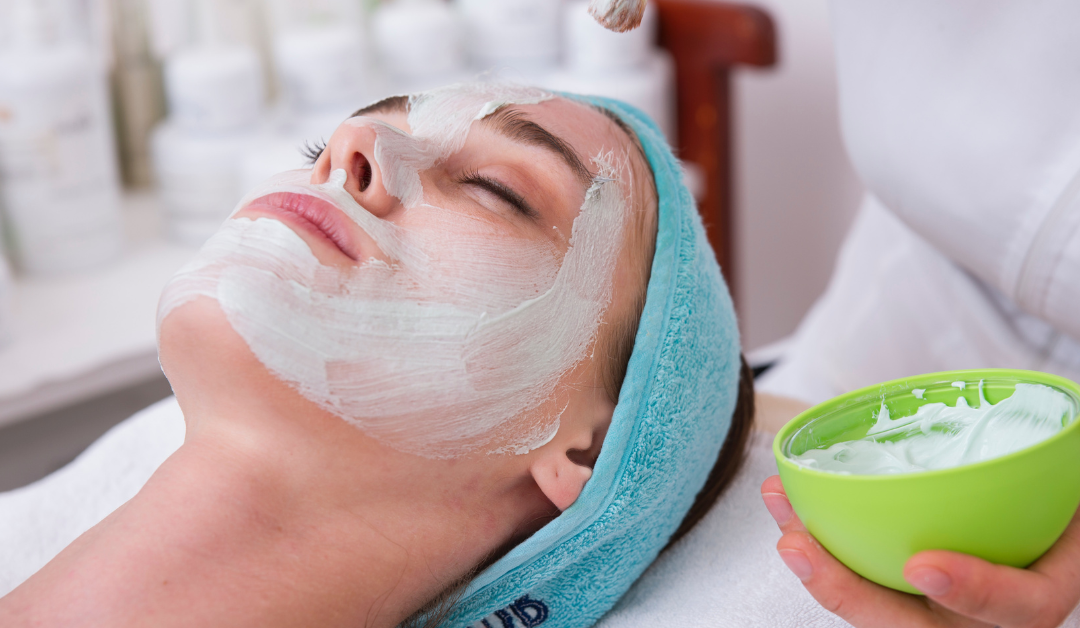At Dermatology & Cutaneous Surgery Institute (DCSI), we understand the desire for youthful, vibrant skin. As a leading provider of advanced skincare treatments, we offer chemical peels as a highly effective method for skin rejuvenation. In this comprehensive guide, we will explore the benefits of a chemical peel, the various types available at DCSI, and how they can help you achieve a more radiant complexion.
What Is a Chemical Peel?
A chemical peel is a cosmetic procedure that involves the application of a chemical solution to the skin. This solution causes the outer layers of the skin to exfoliate and peel off, revealing fresh, new skin underneath. Chemical peels are available in different strengths and formulations, allowing our experienced dermatologists at DCSI to tailor the treatment to your specific skin concerns and desired results.The Benefits of Chemical Peels
- Skin rejuvenation: Chemical peels are highly effective in rejuvenating the skin by stimulating collagen production and promoting cellular turnover. This results in smoother, firmer skin with improved texture and reduced fine lines and wrinkles.
- Hyperpigmentation treatment: A chemical peel for hyperpigmentation issues, such as dark spots, sun spots, and melasma. The exfoliation process removes the outer layers of the skin, lightening pigmented areas and revealing a more even skin tone.
- Acne and acne scarring: Chemical peels can help control acne breakouts by exfoliating the skin and unclogging pores. Another benefit is chemical peels for acne scars promote new skin cell growth and collagen formation.
- Sun damage repair: Prolonged sun exposure can cause significant damage to the skin. Chemical peels can help repair sun-damaged skin by removing damaged cells and stimulating the growth of healthier skin layers.
- Improved skin texture: Chemical peels are effective in improving skin texture by reducing the appearance of roughness, fine lines, and wrinkles. They encourage the growth of new skin cells, resulting in a smoother, more youthful complexion.
Types of Chemical Peels Offered at DCSI
- Superficial peels: Also known as lunchtime peels, superficial chemical peels are the mildest form of chemical peels. They target the outermost layer of the skin, providing gentle exfoliation and refreshing the complexion. Superficial peels are suitable for individuals with mild skin concerns and require minimal downtime.
- Medium peels: Medium peels penetrate deeper into the skin, targeting both the outer and middle layers. This type of peel is effective in treating moderate skin imperfections, including acne scars, uneven skin tone, and fine lines. Medium peels may require a short recovery period, during which the skin may appear red and require special post-treatment care.
- Deep peels: Deep peels are the most intensive type of chemical peel and provide dramatic results. They penetrate deep into the middle layers of the skin, addressing significant skin imperfections such as deep wrinkles, pronounced sun damage, and severe acne scarring. Deep peels require a longer recovery period, during which the skin may peel extensively. Special post-treatment care and follow-up visits with our dermatologists are essential during this time.


